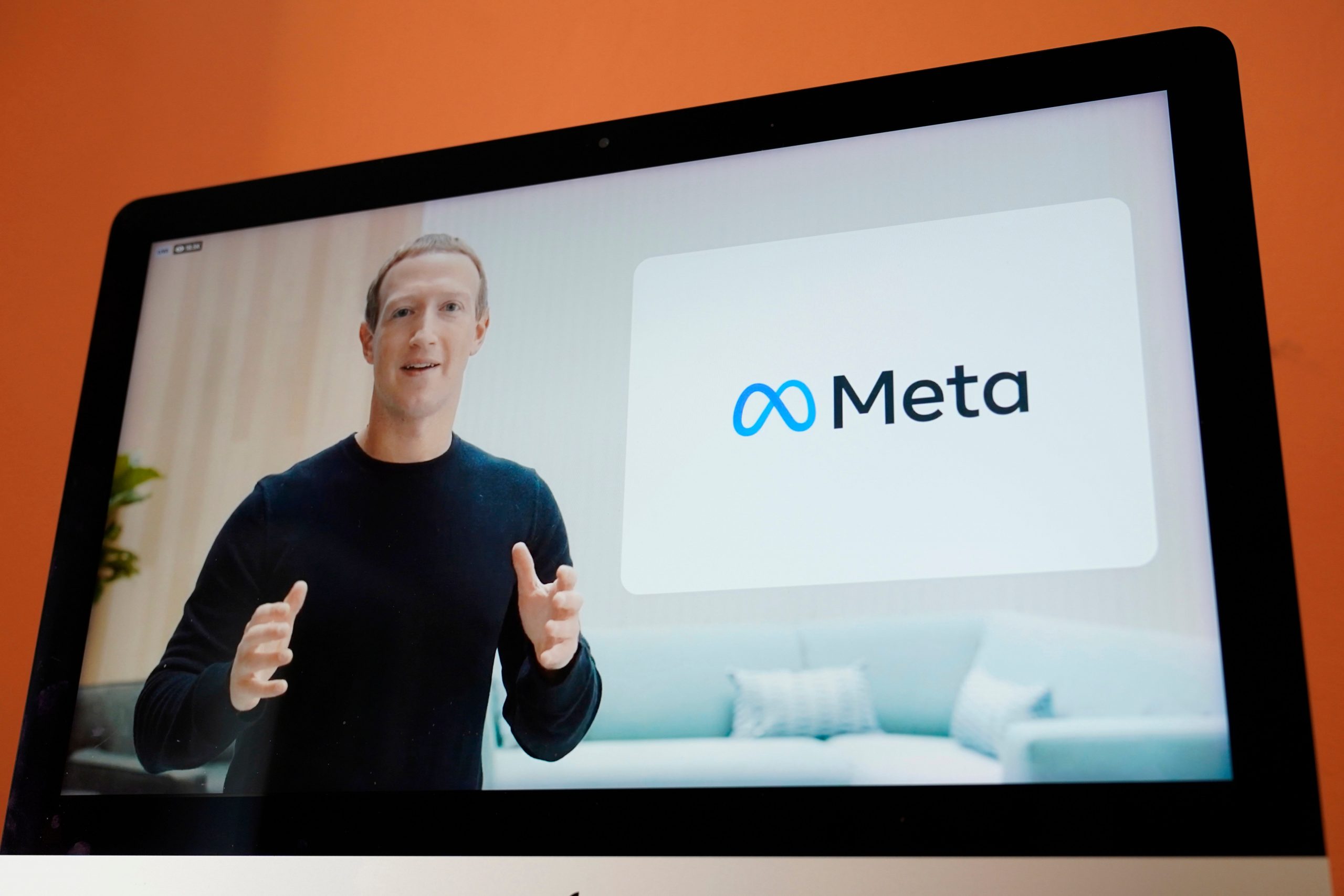Mark Zuckerberg, the founder of Meta, has launched a slew of ambitious artificial-intelligence projects, calling AI “the key to unlocking the Metaverse.”
He used the AI function Builder Bot to create a simple virtual world, complete with an island, trees, and a beach, in a livestreamed presentation.
In addition, Zuckerberg stated that he intends to develop a universal voice translator.
“The ability to communicate with anyone in any language is a superpower that was dreamt of forever,” he said.
According to Zuckerberg, Builder Bot was part of Meta’s CAIRaoke project, which aimed to develop AI helpers by allowing “AI to see the world from our experience” as individuals entered virtual reality via headsets or glasses.
He also claimed that the AI algorithms that run Meta’s virtual worlds would respect privacy, be transparent, and accountable.
Facebook has been investing in AI for the past ten years, and its head of AI, Yann LeCun, is one of the world’s leading specialists.
It revealed in January that it has begun work on a new AI supercomputer that, when completed in mid-2022, will be the fastest in the world.
Following accusations from whistleblower Frances Haugen, Facebook changed its company name to Meta in October.
At the time, Zuckerberg dreamed about a vast Metaverse where people could work, play, and chat using VR headsets like the Meta Quest, formerly Oculus.
Meta also intends to engage 10,000 people across Europe to assist in the construction.
Its potential has gotten a lot of attention.
Critics, on the other hand, have questioned whether large corporations should be permitted to control the design of such worlds, and how safe users would be.
Given how Facebook’s social network failed to keep user data private or avoid disinformation and hate speech, one of the firm’s original investors, Roger McNamee, told BBC News that the corporation should be banned from developing a “dystopian” Metaverse.
The Metaverse, according to Meta chief technology officer Andrew Bosworth, will be considerably more difficult to control than existing digital platforms, especially given its long-term goal of many organisations engaging in the same place.
He did vow, though, that people would have control over their experience.
Following allegations that women in the Meta VR platform Horizon Worlds were harassed, the business rapidly added a feature called Personal Boundary to prevent avatars from “unwanted interactions.”







